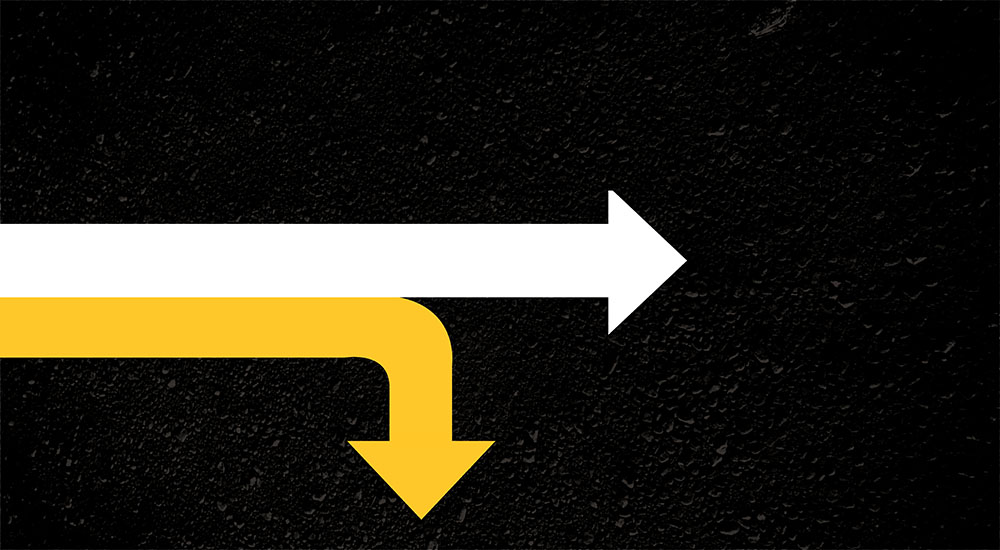Premodern Critical Race Studies: New Directions

This roundtable brings together scholars from a variety of disciplines to discuss new methodologies in premodern critical race studies. Branching from art history, history of the African diaspora, history of medicine in science, European history and more, these scholars will offer new lines of inquiry that enrich premodern critical race studies. Featuring the work of Herman Bennett, Surekha Davies, Cécile Fromont, Pablo F Gómez and Hannah Murphy, this roundtable will ask: what futures can we imagine for premodern critical race studies with new methodologies and practices?
This event is digital and open to the public. You must register to receive a livestream link. Livestream links will be sent out to the email you registered with on the day of the event. Please check your junk/spam folders.
This event, as with all ACMRS digital events, will be live closed-captioned.
Learn more about the Arizona Center for Medieval and Renaissance Studies here.
About our speakers
Herman Bennett is a renowned scholar on the history of the African diaspora, with a particular focus on Latin American history. Through his work, he has called for scholars to broaden the critical inquiry of race and ethnicity in the colonial world. He has written extensively on the presence of African slaves and freedmen in Mexican society during the colonial period and on the consequent interaction between Native Americans, Europeans, and Africans in colonial Mexico. Bennett has received fellowships from the Institute for Advanced Study at Princeton, the Mellon Foundation, the National Endowment for the Humanities, and the American Council of Learned Societies. He has lectured widely in Europe and the Americas, and comes to the Graduate Center from Rutgers University after starting his scholarly career at Johns Hopkins University. Bennett holds a Ph.D. in Latin American history from Duke University where he was a Mellon Scholar of the Humanities.
Surekha Davies is the author of the award-winning Renaissance Ethnography and the Invention of the Human: New Worlds, Maps and Monsters (Cambridge University Press, 2016) and a historian of art, science, ideas, and monsters at Utrecht University. Her research intervenes in an ongoing re-orientation of Early Modern Studies and the histories of science and visual culture towards a greater focus on transregional interconnections, and is distinguished by an interdisciplinary approach to unpacking broad concepts. She is writing two books. One explores Netherlandish visual culture and transoceanic entanglements. The other, HUMANS: A Monstrous History, is under contract with the University of California Press.
Cécile Fromont is an Associate Professor in the history of art department at Yale University. Her writing and teaching focus on the visual, material, and religious culture of Africa and Latin America with a special emphasis on the early modern period (ca 1500-1800) and on the Portuguese-speaking Atlantic World. She is the author of The Art of Conversion: Christian Visual Culture in the Kingdom of Kongo published in 2014, the editor as well as a contributor to the 2019 volume Afro-Catholic Festivals in the Americas: Performance, Representation, and the Making of Black Atlantic Tradition. Her next book Images on a Mission in Early Modern Kongo and Angola is forthcoming in 2022.
Pablo F. Gómez is Associate Professor in the Department of Medical History and Bioethics, and the Department of History at the University of Wisconsin, Madison. He is interested in histories of knowledge-making, and health and corporeality in the early modern Atlantic world, with a particular focus on the histories of Latin America, the Caribbean, and the African diaspora. He has been the recipient of, among others, a Davis Center Residential Fellowship at Princeton University, a Mellon Foundation Sawyer seminar award, an ACLS-Early Career Fellowship, an ACLS-Mellon Dissertation Completion Fellowship, and three Major Project Grants for archival digitalization in Colombia from the Endangered Archives Programme-British Library. His first book, The Experiential Caribbean, won the 2019 Welch Medal, the 2018 Albert J. Raboteau Book Prize and the Honorable mention for the 2018 Herbert E. Bolton prize. He has also published articles, chapters and reference pieces in multiple languages. Gómez is currently working on a history of the quantifiable body emerging in slave trading circuits in the sixteenth and seventeenth century. He is also collaborating in several projects largely related to global histories of science and Medicine and in Latin America.
Hannah Murphy is a Lecturer in Early Modern History at King's College London, where she specializes in the history of science and medicine in early modern Europe. Her first book, A New Order of Medicine: The Rise of Physicians in Reformation Nuremberg, appeared in 2019 with the University of Pittsburgh Press and was the winner of the Society for Renaissance Studies Biennial Book Prize. She is the Co-Investigator of Renaissance Skin, a five year Wellcome Trust-funded project and she is currently working on a new project, Medicine and the Making of Race, 1440-1720, for which she was named a UKRI Future Leaders Fellow in 2021.
About our session moderator
Brandi K. Adams is an assistant professor of English at Arizona State University. Her research interests include the history of reading, the history of the book, premodern critical race theory of early modern England as well as modern editorial practices of early modern English drama. She has recently published on unbookishness in Othello and Keith Hamilton Cobb’s American Moor in the journal Shakespeare, and has a forthcoming chapter in the volume Shakespeare/Text edited by Claire M.L. Bourne for Contemporary Readings in Textual Studies, Editing and Performance. She has begun working on her first monograph tentatively titled Representations of Books and Readers in Early Modern English Drama.